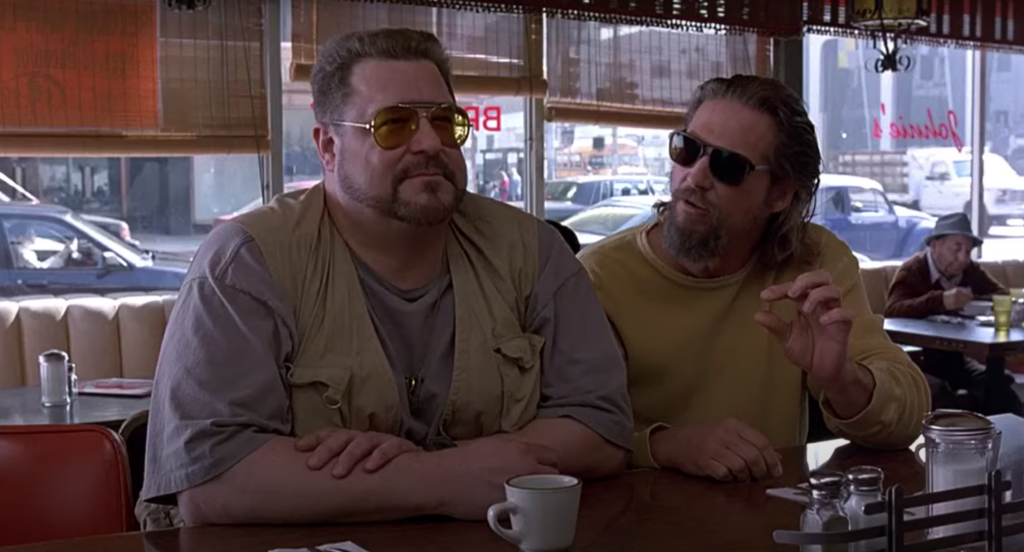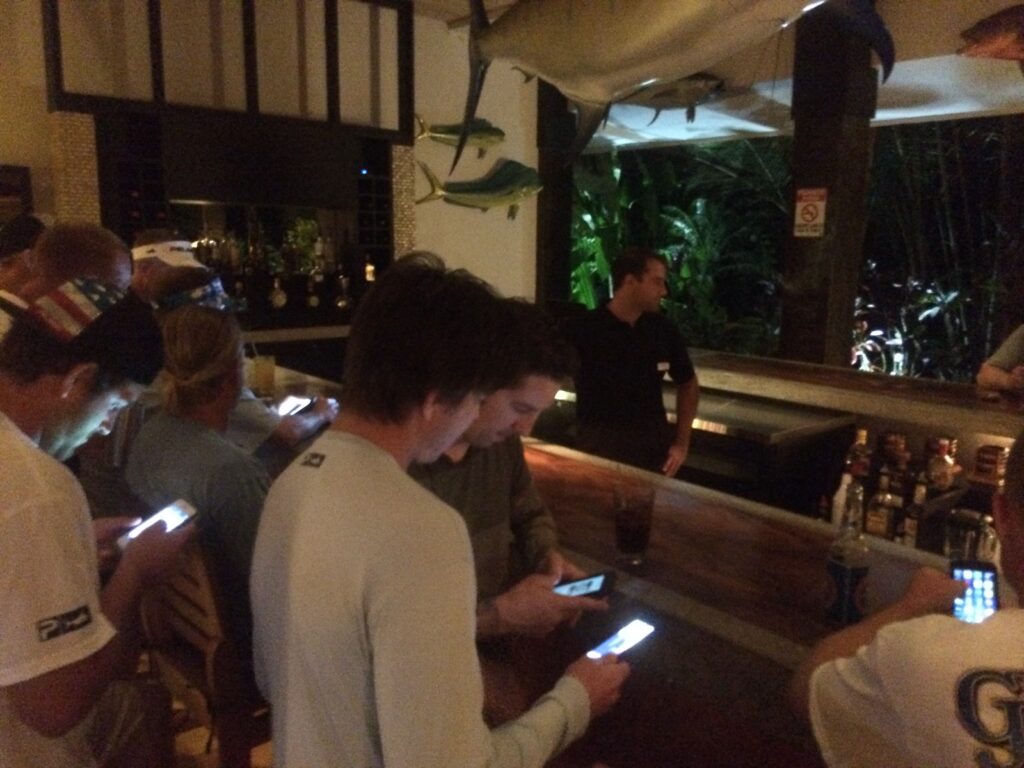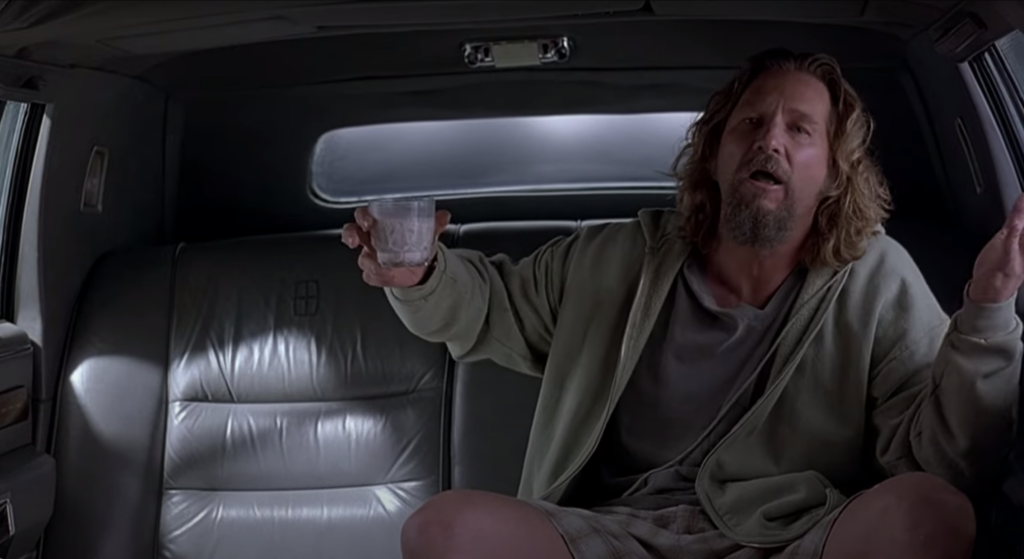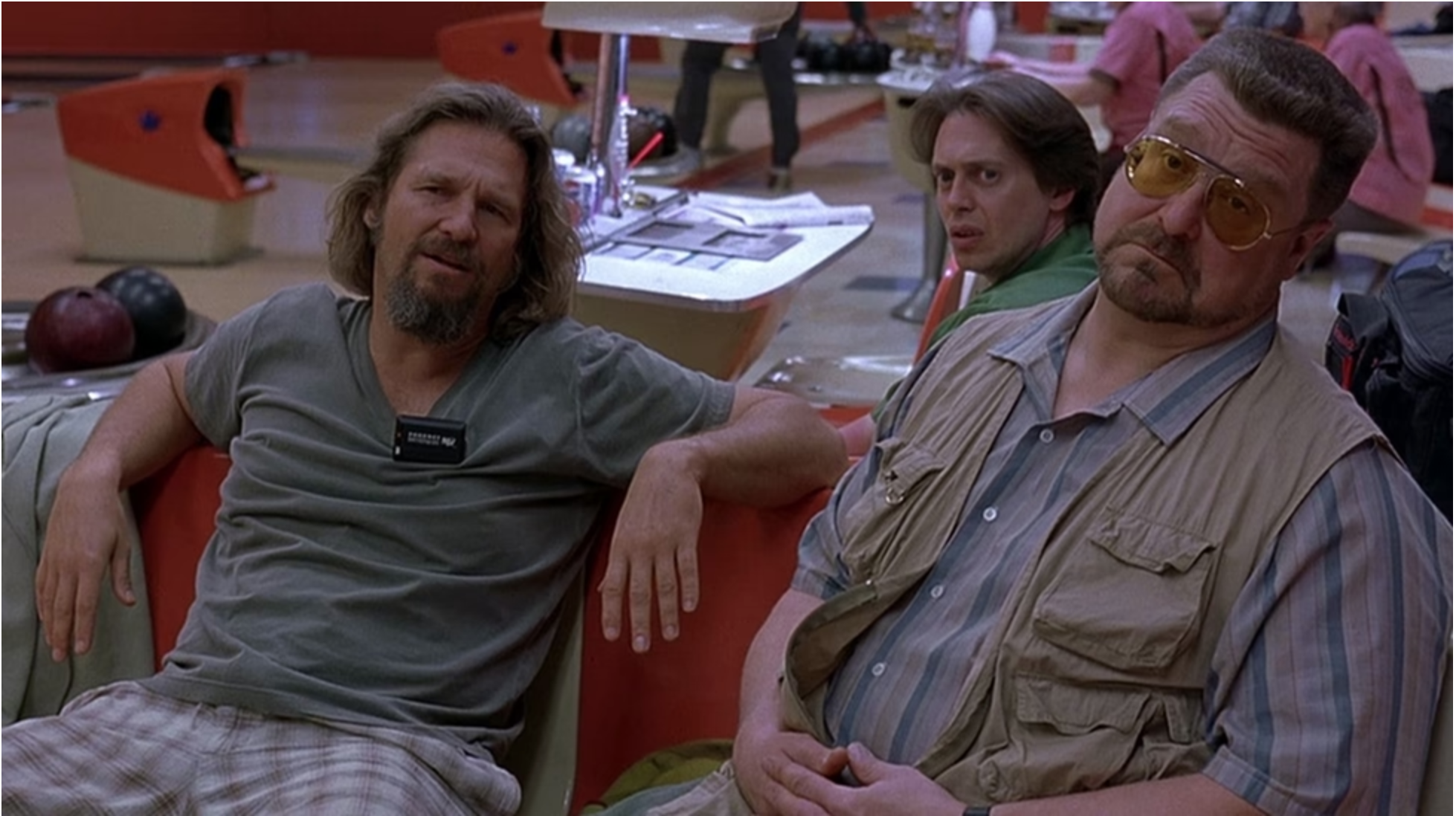If someone feels they need something, it creates an emotional response that is more powerful than any discount, deal, or duality. If you need it - you’ll buy it.

I think about it often.
The principles of buddhist philosophy – that four noble truths are the foundation of enduring, understanding, and becoming free of the suffering we face, as humans.
In Buddhism, the tenants of desire and ignorance are at the root of all suffering. Speak to any Thai monk who practices Theravada Buddhism, or Jōdo Buddhist for that matter, and they will likely tell you that craving pleasure, material goods, or immortality are all wants that can never be satisfied. Desiring those things can only bring suffering, because you can never have “enough”. Ignorance, for that matter, relates to not seeing the world for what it really is. Without the capacity for mental concentration, or insight, Buddhism explains that the mind is left in a state of being undeveloped – or in a state of not being able to grasp the true nature of reality. Buddhism teaches that greed, envy, hatred, and anger are a product of ignorance.

But wait a minute. What do the principles of marketing teach us? What are all those immutable laws of marketing referring to in their doctrine of prodigious insight? You sell the sizzle, not the steak. You play to pleasures, create desires, inspire demand. Motivate those masses of shoppers to kick down the doors of big box retail establishments and trample the hourly wage retail employees to get those discount Toshiba laptops or Stanley cups (why is that a thing right now?).

Pay no attention to the reality of things – believe in the fantasy we’re selling, the satisfaction you get from the dopamine inducing bite of that Pretzel Bun Baconator. Be ignorant of the consequences brought by your immediate actions because holding that prize is what will bring you happiness.
Going $100K or more into debt for a college degree means you’re educated. Home ownership means you’re financially successful. Marriage means your ex was wrong to leave you and now you’re happy. You can buy happiness. It’s a swipe away, and you get access to the American express lounge at the airport if you use that metal credit card.
“I only mention it because sometimes there’s a man… I won’t say a hero, ’cause, what’s a hero? But sometimes, there’s a man. And I’m talkin’ about the Dude here. Sometimes, there’s a man, well, he’s the man for his time and place. He fits right in there.”
And that’s what I wanted to write about this morning. That’s what I wanted to tell you, above all else. That I learned more about marketing from The Dude, and the principles of Buddhism, than I ever did from any book i’ve read about marketing (and i’ve read one too many).
So if I were to share a few of those principles with you, those precious tenants of marketing evangelism that foster entrepreneurship and consumerism in the first degree, it would be these.
“That’s just like…your opinion…Man.”

People buy what they want, even if they can’t afford it. Particularly if that purchase provides a necessity, a sense of empowerment, emotional satisfaction, thrill, or accomplishment. Humans are emotional creatures. We thrive on desire. Our brains are wired for it. We chase a “reward” in the form of a neurochemical response. It’s that feeling when you take a bite of an extremely delicious pizza. The sensation when someone looks at you with envy, because of what you’re wearing. The desire in someone’s eyes when they see you’ve accomplished something they’ve always wanted. It’s the unmistakable feeling of knowing that date you’ve tried to impress is all about you, and you’re on track to get lucky in a few hours.
Successful marketing strategies violate every single buddhist principle there is. Marketing is the cultivation of desire, and the fostering of demand. Your objective (i.e. to sell as much as possible, as fast as possible, as affordably as possible, to a specific audience, in a sea of competitors trying to do the same thing) often depends on a consumer’s ignorance. And The Dude would agree…
“Sooner or later you are going to have to face the fact that you’re a goddamn moron.”
…you can only know so much. Only leverage so many insights. You have to face the fact that successful marketing strategies must be measurable, but at the same time, you can only know so much until you’re actually “in it.”
The opinion you put out into the market – matters. Your brand is an opinion. People will have opinions about your opinion. And to make it worse, the opinions of those who bought your product or service will have opinions that they’ll publicly post on websites that are engineered by brilliant people – to ensure those opinions are as accessible as possible. Keep in mind – just because consumers can be informed, doesn’t mean they aren’t ignorant, and driven by desire. Anticipate that is the case, and you’ll be better served for it.
“Life does not start and stop at your convenience, you miserable piece of shit.”

…but that’s not what they’d have you believe. American society has nurtured the concept of instant gratification to the point where it’s expected. And anything less isn’t worth your time. Instant coffee. Instant technical support. Insta GRAM. Speed is everything, because no one has the time. Everyone is SO busy, consumed in the spheres of their lives, they don’t have the patience to sit in traffic or wait in line. And what happens as soon as life inconveniences you? More often than not – right into the phone . That’s right – Americans check their phones ~144 times per day. Better check facebook. Better like some posts, send a text, and keep your mind occupied, or you might have to actually live in a moment where you are forced to be present. Where you have to watch the world go by, while you’re there idle, alone with your thoughts. The horror.

And that is exactly what successful marketing is all about – keeping you engaged. Again, creating that desire. Depending on your ignorance. Placating that insatiable construct of demand for something that not everyone can have. Because you’re special. You deserve it. Advertising agencies around the world expend countless resources to create messages that encourage you to believe in convenience. To believe you can be satisfied. That your wish will come true. That your rewards points are worth something. That everyone’s life is better than yours, but not to worry – you can take that trip, or buy that thing, and break the monotony of your life and be free – free in the pleasure of getting what you want, when you want, how you want it. Extra bacon. Extra cheese. Limited edition. They’ll all be so jealous of what you have, that you’ll be desirable, recognized, acknowledged, and validated. Your purchase decision reflects who you are – YOUR IDENTITY – depends on wearing those shoes, carrying that bag, driving that car, and letting them all know you can afford it. Because it’s a game of perception, and only very very few could ever know that what happens in those advertising agency meetings is exactly what you want to hear – they know who you are, what you want, and most importantly – what triggers that emotional response. The color pallets, the words, the smiles, the eyes, the sounds, the fonts – it’s all a symphony of manipulation to support your belief that your desire is validated. That life does start and stop at your convenience, because you are a consumer, and your money is what drives the world forward. It’s The Law of Focus : “The most powerful concept in marketing is owning a word in the prospect’s mind.” And what is the most powerful word you can own in a prospect’s mind?
“Need.”
If someone feels they need something, it creates an emotional response that is more powerful than any discount, deal, or duality. If you need it – you’ll buy it.
Create a “need” for what it is that you sell. Make people believe they need it. Give them confidence that their “need” is valid, and you’ll sell more than you could ever have anticipated.
Pain comes from always wanting things.
But satisfaction and fulfillment comes from getting what you need. Or desire.
“New shit has come to light, man.”

Historians estimate (or believe, depending on how you look at it) that Siddhartha Gautama (the founder of Buddhism) led a lavish, extravagant, and sheltered life during his childhood and teenage years (this was somewhere in the range of 560 to 480 B.C). He became bored and frustrated with his possessions and regal lifestyle, deciding to go out into the world in search of deeper meaning – a more profound perspective on what the world actually is.
During his odyssey into the world, he famously encountered an old man, a sickly man, a corpse, and an ascetic. As a result of experiencing these different states of being, Gautama became convinced that suffering remained at the end of all existence. He abandoned all he knew to become a monk, depriving himself of everything in an effort to find the true meaning of life and the world around him. It was only after sitting under a tree, free of everything in the world, and focusing his mind on the absolute truth of existence (through deep meditation), that he achieved enlightenment – an epiphany – and became the Buddha. He went on to spend the rest of his life teaching others about the noble truths, and ultimately, the steps of the noble eightfold path. And so the legend goes…there are three themes into which that path is divided – Good moral conduct (understanding, thought, and speech), meditation and mental development (action, livelihood, and effort), and wisdom (mindfulness and concentration).
What does that have to do with marketing? Or The Big Lebowski for that matter? A simple truth – a realization can have more impact than any need, desire, or craving. When someone realizes their wanting, their need or inherent longing for what could bring them pleasure, validation, or satisfaction – the force which propels them to acquire whatever that object may be – is relentless.
The path to enlightenment may well be vested in freeing yourself from desires or wanting, but that’s not how American society works. Particularly not the consumer aspect of American society. The U.S. economy is not meant to stop (as we learned during the pandemic). Our economy depends on consumerism, materialism, competition, and validation through acknowledgement of “what you have”. We recognize, and celebrate, the lifestyles of the wealthy, because in that extravagance, we see a piece of freedom – a way out of our suffering – a reiteration that convenience and being able to have what you want, when you want it, how you want it – is in some way tied to an insurmountable sense of satisfaction.

Imagine that in its purest form – no obligation, responsibility, or limitation to what you can have, or achieve. That’s a concept which marketing and advertising agencies embrace when crafting their messages – when positioning brands – creating that public image which somehow, someway, creates that consumer confidence that a purchase can be that small step in the direction of achievement. That Mercedes Benz you can’t really afford. That Stanley cup. That LV clutch. Those subscribers on YouTube. All validation of what, deep down, every consumer wants – a sense of satisfaction. The fulfillment.
Because no one wants to feel unfulfilled.
No one wants to spend their life in the rat race.
Everyone wants to feel that unmistakable sense of achievement, accomplishment, and satiated desires.
But keep in mind that it’s all about “Strikes and gutters, ups and downs.”
Between The Dude and Buddhism, i’ve learned a valuable truth about marketing – it’s all about finding that rug that really ties the room together.







